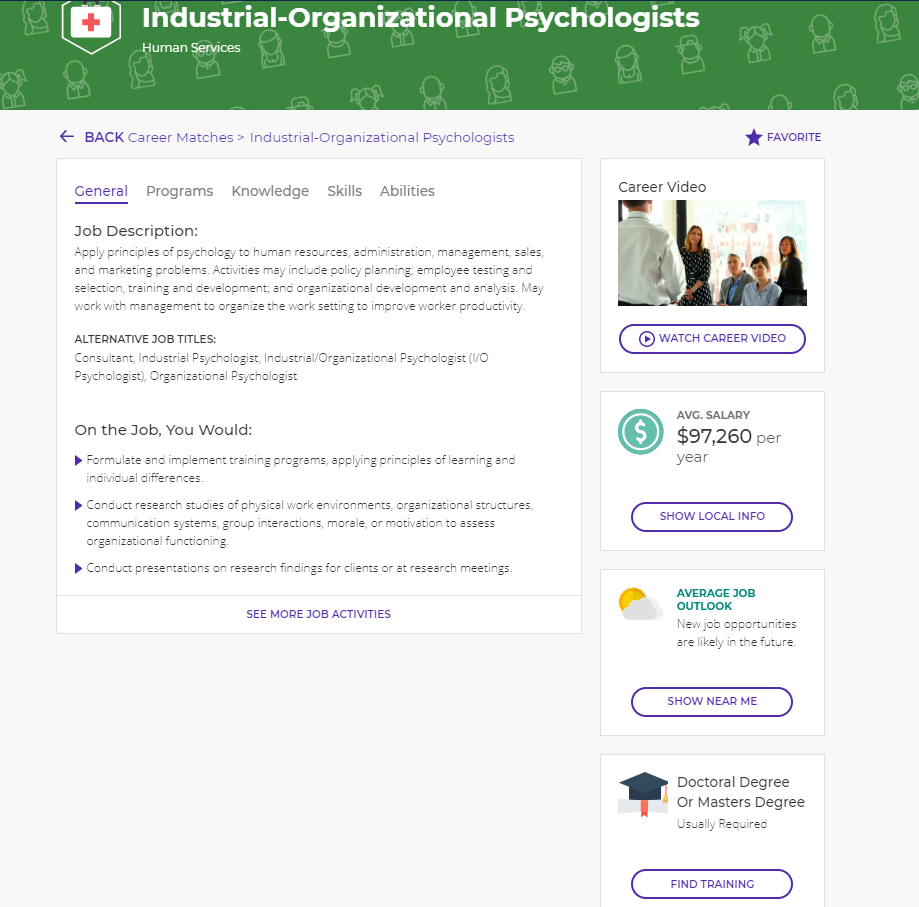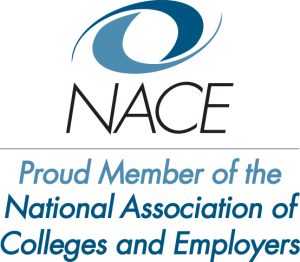What Career is Best for Me?
What Career is Best for Me? With summer past the halfway point, about 18 million students are thinking about heading off to, or back to college. For first-year students (and students still undecided), an important question is – what career is best for me? The answer drives the choice of major, future job opportunities, and maybe your overall life satisfaction. So, no pressure. But how do you know what is the best career for you? Ben Franklin might answer, the one that makes you healthy, wealthy, and wise. But, let’s dig a little deeper.
Benefits of Making a Good Career Choice
First, what are the benefits of making a good career choice? First, finding a meaningful career should make you healthier. Researchers have found a positive relationship between career satisfaction and life satisfaction. Psychologists suggest this is due to a spillover effect – the positive feelings in one domain make you more positive and more effective in the other domain. Second, as we wrote here, by far the strongest predictor of income is interest congruence.[1] This means the more you pursue a career related to your personal interests, the more money you’ll make! And making a good choice now means never having to go back to school to get it right a second time. Third, it might make you wiser! Or, at least, studying what you find interesting leads to better effort (in classes) and better grades.1
Choosing a Career
Glassdoor recently ranked the “best 50 jobs in America” for 2019. They did this by combining three factors: median salary, workers’ job satisfaction, and the demand for each job (the number of job openings). If you can maximize all three, you’re approaching your best career (although there is one critical element missing!). Let’s illustrate all four using our PathwayU platform. Let’s start with job satisfaction.
Job Satisfaction and Finding Purpose
Job satisfaction is what Glassdoor measures, but it overlaps with other terms you’ve probably heard – workplace engagement or meaning in work. These stem from pursuing your purpose. PathwayU is built to help students pursue purpose by finding fit. Fit is the connection between what you find interesting and meaningful, and what a vocation or career path can provide.
Once you finish your assessments, PathwayU ranks over 1,000 occupations on the extent to which each can help you achieve your purpose. So, you can start to find your best career by looking for specific jobs (or themes) that seem to be a good match. Choosing one of those careers greatly increases your chances of being satisfied (finding purpose) in that job.
One of the cool features of PathwayU is that once you find potential careers, you can easily investigate the other two factors Glassdoor mentions – and the one they didn’t. Take a look at the graphic, which is PathwayU results for me. Industrial/Organizational (I-O) Psychologist is listed as a very strong career match for me. It happens that I am an I-O Psychologist and I’ve always been very happy in my job.

Median Salary and Future Demand
What if I want to know the median salary for this job?[2] I just look to the right. Check! What about the future demand for I-O psychologists? Look to the right, check! Finally, here’s what’s missing from Glassdoor’s ranking system – having the knowledge, skills, and ability to do the work.
Missing Piece: Knowledge, Skills, and Abilities
Glassdoor ranked “Data Scientist” as its number one job in America. My son is smart enough, and getting the training needed to be a data scientist, but I’m not sure I’m smart enough, and I know I don’t have the training. Here again, the PathwayU platform comes to the rescue. As seen in the graphic, notice that my results show me that a “Doctoral Degree or Masters Degree is Usually Required.” It is! I can also review the knowledge, skills, and abilities necessary to be successful and (coming soon) self-assess whether I have what it takes to succeed in that job. (When I was young, I wanted to be a major league baseball player, but I also had enough insight that I didn’t have the physical abilities or skills to be successful. Luckily, I still found my purpose!)
Putting it All Together
Knowing the level of training that is necessary, and knowing the knowledge, skills, and abilities are necessary to be successful allows you to determine how realistic a career path is for you. Like me and my dream of playing for the Cleveland Indians, you might have to sort through a few options to find a career that matches your interests, provides opportunities to work, and matches your skills and abilities.
Sound complex? PathwayU’s Companion Guidebook walks users through the process of building on their assessment results, choosing a career, and creating a plan to achieve that career path. If you’re currently one of those 18 million students, you likely also have the option of working with one of your university’s career counselors. But, come armed with your assessment results!
[1] Rounds, J., & Su, R. (2014). The nature and power of interests. Current Directions in Psychological Science, 23, 98-103.
[2] Remember that money can buy a little happiness, but only goes so far.
-1.png?width=288&height=67&name=PathwayU_PGLogo%20(1)-1.png)



